India celebrates this one holiday getting messy, and that’s OK
Holi, the festival of colours, marks the last full moon in the month of Phalguna in the lunar calendar. With Gulal in your hair and the aroma of homemade dishes, the exuberance of Holi is hard to miss. Holi is a time when people from all backgrounds come together to chase each other with water guns, splash colours on each other, and dance on the streets. It is a festival of joy and merriment, where people are free to express themselves and have fun, without the worry of judgment or prejudice. Even though the festival originated in India, it has been adopted around the world as a religious festival.
… and here’s to the colours: Love and fertility are symbolized by red, blue is Krishna’s colour, yellow is turmeric, and green is new beginnings and spring.
And since Holi this year is falling in the middle of a long weekend, it is a great opportunity to learn more about the customs and traditions associated with Holi. What do you say?
Himachal Pradesh: There’s a corner in your heart that always dreamed of visiting this state. Are we hearing a big YES? Fellas now are just the right time. Rather than thronging the crowded areas of the cities, make your way to the hills to celebrate Holi. Start packing already!
Holi is celebrated all over Himachal Pradesh, but not the way it is in Sangla. Sangla is a small village in the Kinnaur district of Himachal Pradesh. Being a magical land that has everything our hearts could ever want, from the snow-capped mountains to the picturesque views, and much more! It is a land of myriad cultures and traditions as well. One such tradition is the Holi festival, a colourful celebration of fertility, colours, love and victory of good over evil.
Holi in Sangla is a way of inviting blessings and announcing the arrival of spring. While summer hues weave over this town’s cloudless skies, the bright colours of Holi are colouring mountains red and grass pink. Here Holi is not merely celebrated, but revered too. They have some unique, mind-blasting traditions which include lots of booze, and dancing, along with nautanki (drama) and this is the perfect getaway from the hustle of swarming cities.
Come let’s discover the thousand years old traditions and culture of the Kinnaur region.
Holi at Sangla
Sangla celebrates Holi as part of the Faguli festival which is a four-day festival and Holi is celebrated on the third day of the festival with dry colours. To begin with, a dish called Totu is made. Totu is prepared using roasted barley flour and buttermilk and served as prasad. During Faguli, oil lamps are lit, just like you do on Diwali. Faguli is in some ways a blend of two of the most popular Hindu festivals i.e. Diwali and Holi thereby making Sangla valley the best place to celebrate Holi in 2024.
Everyone is sticky in red, blue, yellow, green, and pink on the day of Holi. In the morning everyone gathers at Nag Mandir to take part in Holi celebrations as per local traditions. Men are chosen to get dressed as the characters from the epic Ramayana. On the beats of drums and trumpets, the parade starts moving from one village to the other. During these parades, the characters perform fight scenes from the Ramayana while women perform local dances in a circle. People in the processions stop at restings points to have locally made Chilta (a bread made out of locally grown buckwheat) and sabzi which is cooked in the open air. And as part of this procession, special wine called Phasur is given out for free. In short, Holi here is celebrated with a joyful spirit that springs up from the oldest mountain to the newest blade of grass.
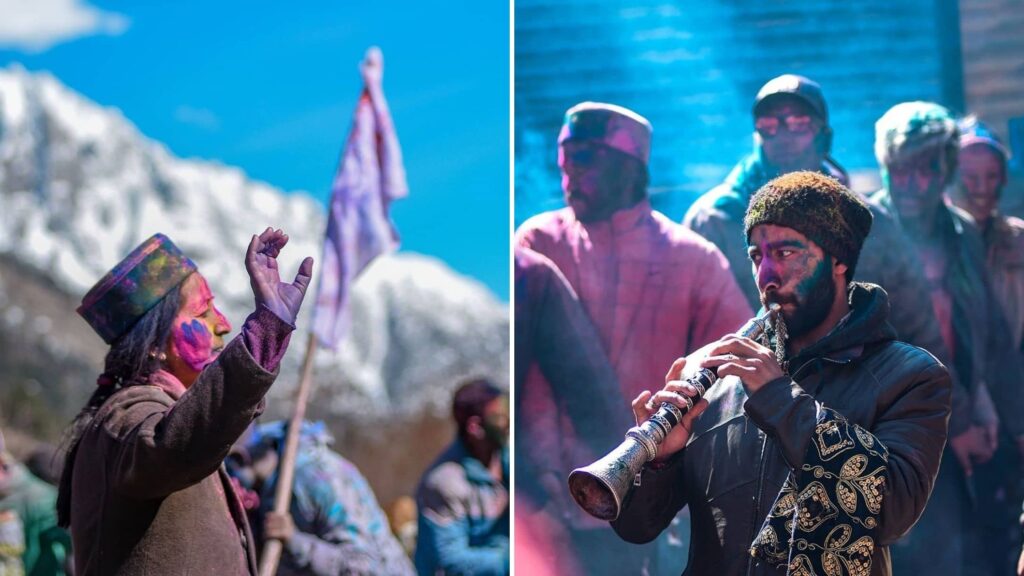
On Faguli’s second night, people gather around the pyre, dress in traditional apparel and dance and sing to celebrate Holika Dahan, to mark good over evil. Here, Holi is more than just a festival; it is a celebration of the people’s culture and tradition, celebrated in the most joyous manner possible.
On the last day, people get decked up in their traditional. They dance with the local deities in palanquins and then perform Kinnauri Nati throughout the night. They just paint the whole valley with traditions and customs.
Why Should One Celebrate Holi in Sangla Valley?
Sangla valley is supposed to be the best valley in the state. The place is perfect for enjoying life at your own pace while sitting back. But we can’t say the same for Holi. When Holi is around the corner, it seems like the entire valley is vibrating with energy. As drums and trumpets ring throughout the town, people sway to the music with full power. Wine from local vineyards flows freely, and it seems that not only the air is full of colours and rhythms, but the souls are too.
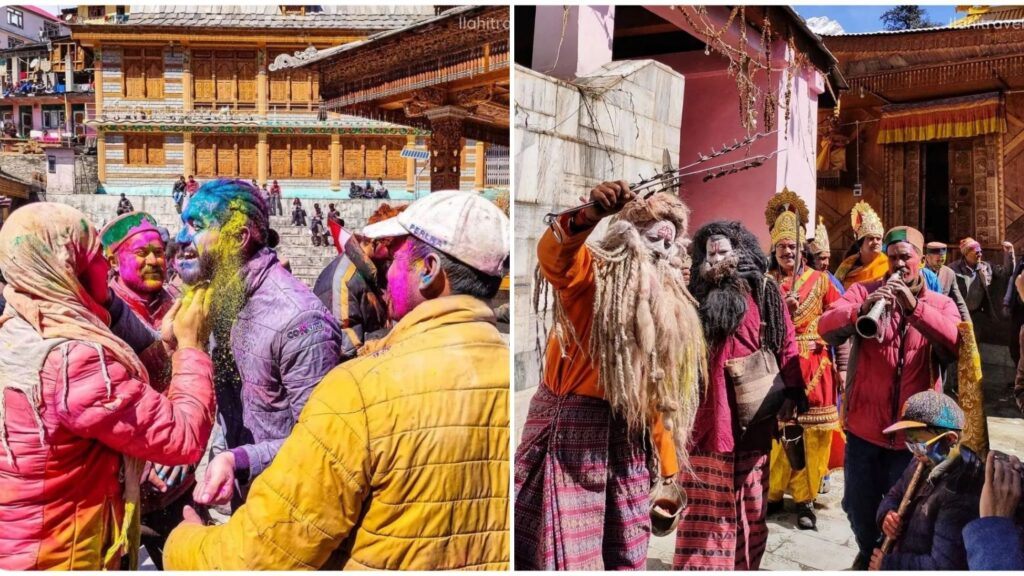
What To Do Post Holi?
Don’t leave the village once the festival has ended. Visiting the village without even exploring it will be like just touching the valley without familiarizing yourself with everything it has to offer. We don’t want you to miss the quietness of the village. Trust us, this valley is an endless symphony of nature, way too beautiful than in pictures.
Colour-drenched meadows with a snow-covered Himalayan backdrop, the Sangla valley is custom-built for rejuvenation. The valley is renowned for its temples, monuments, and adventurers like to trek, camp, and explore. In this idyllic place, you can relax in a quiet spot on a hillside while watching the clouds dance and the gentle landscape unfold. Let the birds sing to you as you relax and enjoy some ‘me’ time.
Here are Some Beautiful Places to Visit in Sangla Valley
1. Bering Nag Temple
2. Kamru Fort
3. Tibetan Wood Carving Center
4. Chitkul
5. Rakcham Village
1. Bering Nag Temple
It is one of the most important Hindu shrines devoted to Lord Jagas (a manifestation of Lord Shiva). Although Kinnaur and Sangla Valley have many temples to see, the Bering Nag Temple should not be missed.
2. Kamru Fort
There is no better place to get a glimpse of the artistic legacy of Sangla Valley than the Kamru Fort. With a wooden balcony, intricately carved, the fort stands proudly as a monument to the lost talent of the valley now dedicated to Goddess Kamakhya Devi.
3. Tibetan Wood Carving Center
Make sure you visit the Tibetan Wood Carving Center if you want to bring home a souvenir or two. Your ever-growing collection of travel memories will surely be enriched with its beautiful collection of delicately carved wooden souvenirs.
4. Chitkul
Many of you might’ve seen pictures on social media, of people smiling in front of HINDUSTAN KA AAKHRI DHABA. Haven’t you? Yes, that’s in Chitkul. The village is located at a distance of 28 km from Sangla. It’s like a doorway that leads to a breathtakingly beautiful landscape. Travelling to the valley, you will see the Baspa River on your right, and on the way, you will pass through Rakcham village, which is commonly known as a model village in the region. The village has a unique identity thanks to orchids, mountains, meadows, huge rocks, a river, a jungle, and grasslands. Visiting this natural wonder is a great way to escape the monotony of routine and the bustle of daily life. Don’t forget to treat your stomach with a satisfying plate of steamy momos or rajma chawal at the AAKHRI DHABA!
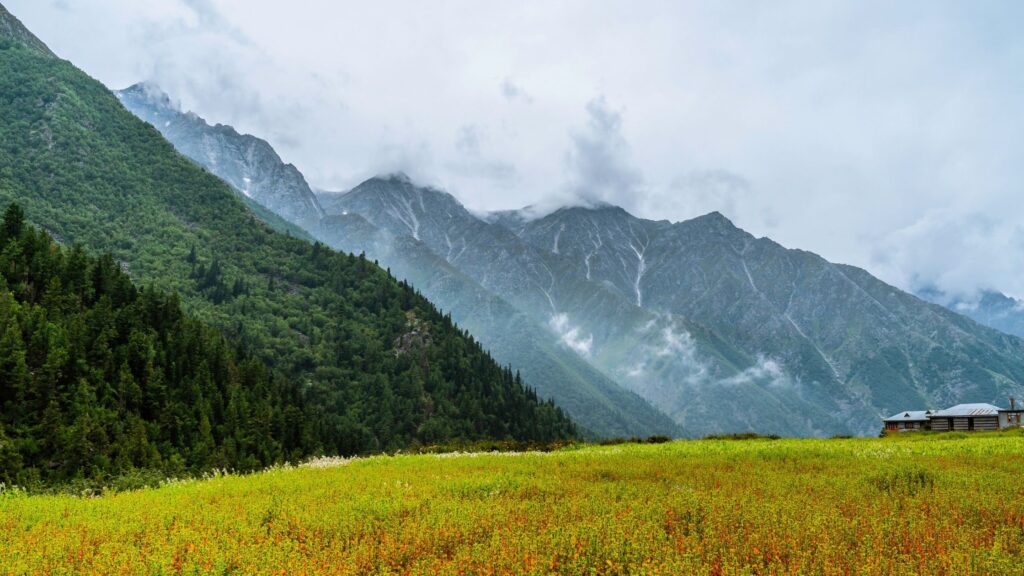
5. Rakcham Village
Nestled between Sangla and Chitkul, Rakcham Village stands at an altitude of 10,000 feet, offering a serene escape into nature. Known for its nomadic lifestyle, the village thrives on agriculture and is famed for its nearby apple orchards and saffron farms. Adventure enthusiasts can indulge in trekking, camping, and nature walks, embracing the raw beauty of Rakcham’s landscapes. Despite its minimal local amenities, the village’s charm lies in its simplicity and the harmonious life led by its inhabitants with the seasons.
How To Reach Sangla?
It takes 13 to 14 hours from Delhi to reach the Sangla Valley.
By Air: The nearest airport to Sangla is in Shimla, 238 kilometres away. Indian Airlines flies from Delhi directly to Shimla. Outside the airport, there are cabs and taxis available for Sangla at a reasonable fare.
By Road: The quickest and easiest way to reach Sangla is via this route. There is a regular bus service between Delhi and Shimla, as well as one between Shimla and Sangla, operated by HRTC (Himachal Road Transport Corporation). Alternatively, you can take a private bus from Chandigarh or Shimla to Sangla.
By Rail: Shimla has the nearest railway station at Kalka Railway Station, 310 km away. From there, you can take the train and then a bus or taxi to Sangla.
So, this year, you can celebrate Holi in an innovative way by heading to the Sangla Valley, where you will discover an entirely new world. You can never go wrong with Holi, it is one of the experiences that will change your life, and add value to your life. Just imagine playing with colours against the backdrop of snowy mountains, Ahhh!!! It is as magical as it sounds.
Featured Image By – Sakshi Thakur
Happy Holi Folks!
Frequently Asked Questions
1. Why is Sangla famous?
Sangla is famous for many reasons, for its beauty, its apples, and its dry fruits as well. However, what many people don’t know is about the grand celebration of Holi in the valley. Holi celebration is a part of the Faguli festival which is a 4-day festival.
2. Where to celebrate Holi in Himachal?
Sangla is the best place to celebrate Holi in Himachal Pradesh. This place celebrates Holi differently. On the third day of the four-day festival, Faguli, Holi is celebrated with dry colours and snow. A skit depicting Ramayana scenes is performed during Holi celebrations, along with music and wine distribution.
3. Is Sangla worth visiting?
A visit to Sangla, a gem of the Baspa Valley, is a must when visiting Kinnaur. There are snow-covered mountains all around you and you can see the Kinner Kailash peak. As a result of the Baspa River running through the valley, it also goes by the name Baspa Valley.
4. Where is Sangla valley located?
Sangla valley is located in the Kinnaur district of Himachal Pradesh.
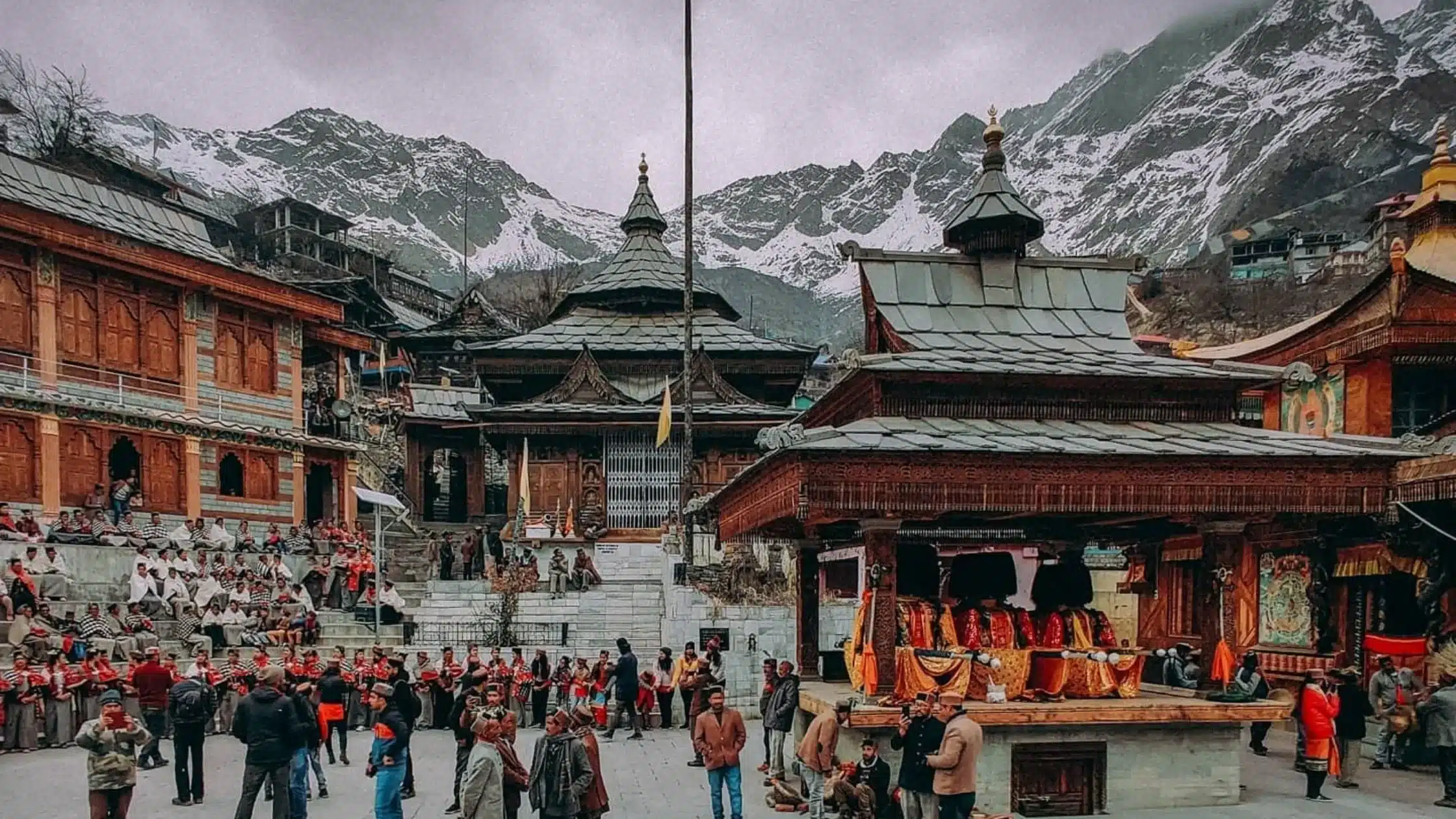
Shweta
That’s amazing…. Being a Himachali didn’t knew much about this